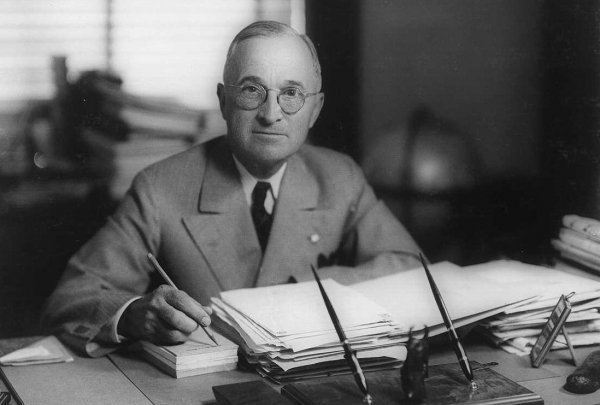Set up by President Harry S. Truman in 1953, the National Security Agency (NSA) is the eyes and ears of America across the globe, intercepting 1.7 billion emails, phone calls a day.
The NSA is a secretive body that serves the military and intelligence communities by collecting all forms of foreign communications to prevent attacks on the US.
The agency was prohibited by law from intercepting domestic communications without a warrant until George W. Bush issued a caveat in the wake of 9/11 under the controversial “terrorist surveillance program”.
Nonetheless, over the years the NSA has been engulfed in a number of wiretapping scandals.

They include President Richard Nixon’s illegal wiretapping, through the NSA, of five members of his national security staff, two newsmen, and a staffer at the Department of Defense in a bid to uncover who was leaking information about his plans for the Vietnam War.
In 2005 it was revealed George W. Bush had authorized the NSA to eavesdrop on Americans calling abroad without warrants in a bid to thwart terrorism. He strenuously denied the allegations until he finally conceded he had committed an impeachable offense.
In 2009, under President Barack Obama, the US Department of Justice acknowledged the NSA had gone beyond its remit in tapping the phonelines of American citizens, including a Congressman but claimed that the acts were unintentional and had since been rectified.
Last month, it was accused of building an $1.2 billion cyber base to keep tabs on American citizens.
The state-of-the-art data centre in the Utah desert – codenamed Bumblehive – is intended to bolster online security efforts.
But former employees say it could be used to monitor people’s private emails.
The NSA branded the allegations “unfounded”, adding that it remained “unwavering” in its respect for U.S. laws and American citizens’ civil liberties, and noted that it was subject to broad oversight by all three branches of government.
